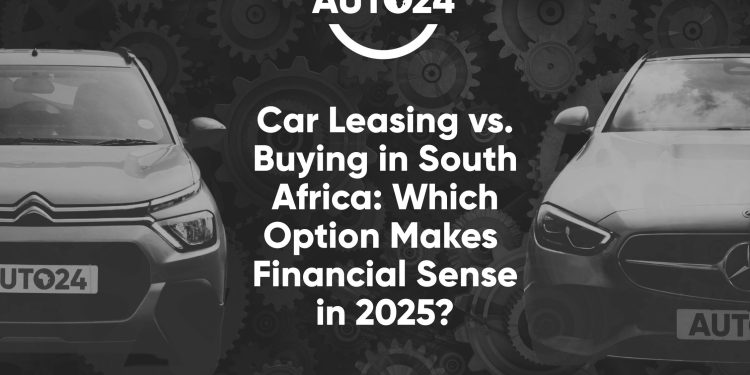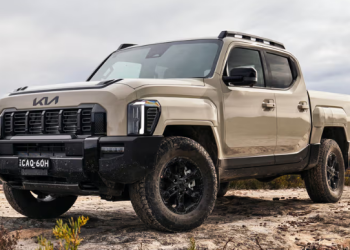What’s the Smarter Choice in 2025?
As car prices rise and financial pressures mount, South African consumers are rethinking how they acquire vehicles. The debate between leasing and buying has never been more relevant. In 2025, with new financial products, hybrid mobility models, and cost-conscious buyers, the landscape has shifted.
Is it better to own a car outright or to lease one with fixed monthly costs? This article explores the pros, cons, and total financial impact of both options to help you decide what suits your lifestyle and budget.
Option 1: Buying a Car
How It Works:
Buying a car involves paying cash or financing the purchase through a bank loan. Over time, you gain full ownership and can sell or trade in the vehicle.
Advantages:
- Asset Ownership: Once paid off, the vehicle belongs to you.
- Unlimited Use: Drive as much as you want without mileage penalties.
- Resale Value: You can recoup some value when you sell.
- Freedom to Modify: Paint it, upgrade it, wrap it – it’s yours.
Drawbacks:
- High Upfront or Monthly Cost: Monthly instalments are higher than lease payments.
- Depreciation Risk: The car loses value quickly.
- Maintenance Responsibility: After the service plan expires, you foot the bill.
Option 2: Leasing a Car
How It Works:
With leasing, you pay a fixed monthly amount to use a vehicle over a set term (usually 2–5 years). The car remains owned by the leasing company.
Advantages:
- Lower Monthly Costs: Lease instalments are lower than loan repayments.
- No Resale Hassle: Hand the car back and upgrade.
- Maintenance Often Included: Leases often cover service, licensing, and insurance.
- Drive Newer Cars More Often: Switch every few years.
Drawbacks:
- No Ownership: You return the vehicle with no equity.
- Mileage Limits: Driving over the cap leads to penalties.
- Customisation Restrictions: No modifications allowed.
Real-World Cost Comparison (2025)
Vehicle Example: Toyota Corolla Cross 1.8 Xi
| Cost Item | Buying (Loan) | Leasing (Kinto One) |
|---|---|---|
| Vehicle Price | R414,800 | N/A |
| Monthly Payment | ~R9,114 (excl. insurance) | R7,479 (all-inclusive) |
| Insurance | R677 | Included |
| Maintenance | R691 (est.) | Included |
| Total Monthly Cost | ~R10,482 | R7,479 |
| Mileage Limit | Unlimited | 1,500 km/month |
| Ownership at End | Yes | No |
Note: Buying assumes 0% deposit, 72-month finance term at 13% interest.
Which Option Matches Your Lifestyle?
Leasing Works Best If:
- You want predictable monthly expenses.
- You prefer driving the latest models.
- You don’t exceed the mileage cap (typically 15,000–18,000 km/year).
- You value convenience and hassle-free ownership.
Buying Is Better If:
- You plan to keep the vehicle for 5+ years.
- You drive long distances regularly.
- You want full control over the car and its resale.
Pros & Cons Summary Table
| Feature | Buying | Leasing |
|---|---|---|
| Ownership | ✅ Yes | ❌ No |
| Monthly Cost | ❌ Higher | ✅ Lower |
| Resale Value | ✅ Yes | ❌ None |
| Maintenance Included | ❌ No (post-warranty) | ✅ Often included |
| Usage Restrictions | ✅ None | ❌ Mileage cap |
| Upgrade Cycle | ❌ Every few years manually | ✅ Easy switch every 2–5 yrs |
Final Verdict: Choose Based on Your Financial Priorities
In 2025, both leasing and buying can be smart choices — it all depends on your needs. Leasing provides financial flexibility, newer cars, and bundled services. Buying delivers long-term value, full control, and potential resale returns.
If you want low commitment and convenience, leasing wins. If you’re building equity and don’t mind long-term costs, buying wins.





